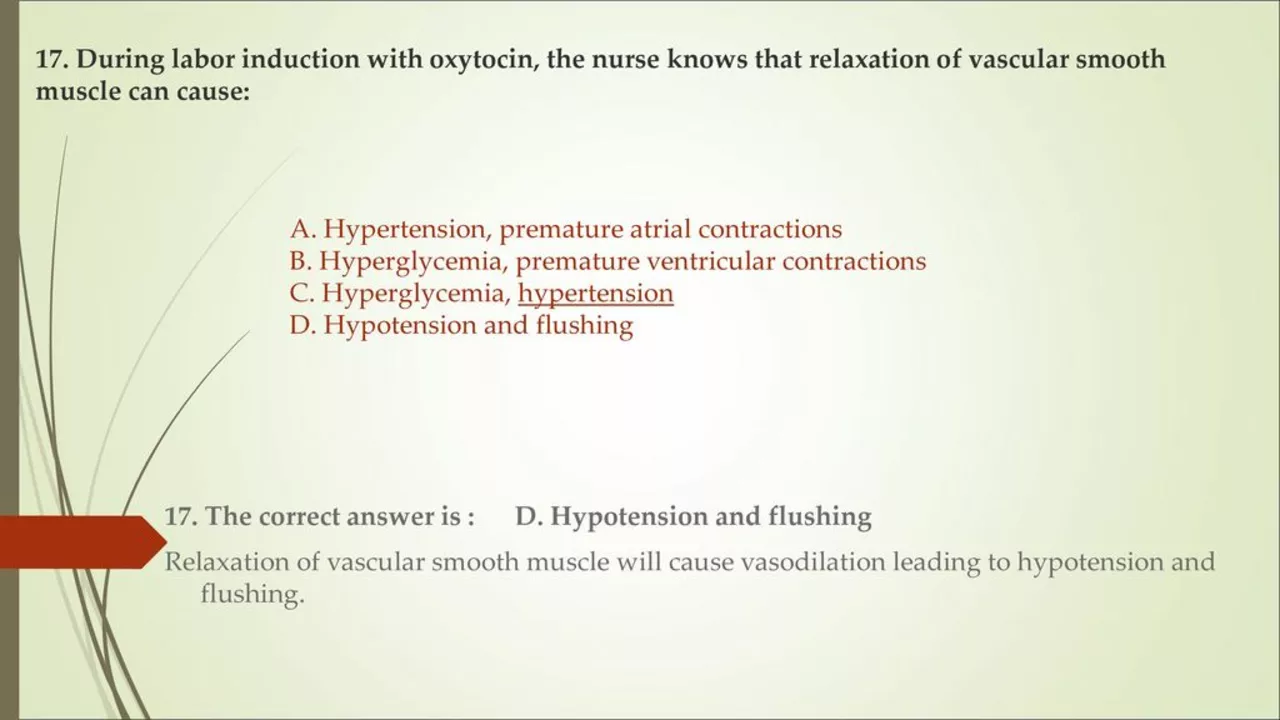Getting clear, trustworthy information about medications matters more than most people think. A wrong dose, a missed interaction, or buying from a sketchy online pharmacy can cause side effects, treatment failure, or expensive hospital visits. You don’t need to be a pharmacist to protect your health — you just need reliable facts and a few smart habits.
Accurate information helps you use medicines safely and effectively. Start by knowing what a drug treats, how to take it, and what side effects to watch for. Check interactions with other drugs, supplements, and even foods — grapefruit and some meds don't mix. If you have liver or kidney problems, some prescriptions need dose changes. That’s not a detail to skip.
Online pharmacies can be convenient, but not all are legit. Look for verified reviews, clear contact details, and a valid prescription requirement. If a site offers prescription drugs without asking for a prescription, walk away. Scams often sell fake or substandard pills that look real but don’t work or harm you.
Ask your doctor or pharmacist one clear question: what should I expect after starting this drug and when do I seek help? Keep a short list of your medicines, doses, and allergies on your phone. Use a single trusted source for drug info rather than piecing together random forum posts. When changing pharmacies or brands, compare active ingredients, not packaging or price alone.
Storage and adherence matter. Some meds need refrigeration, others must be kept away from heat or moisture. Set a reminder so you don’t skip doses — inconsistent use can make antibiotics fail or cause withdrawal with some drugs. If cost is the problem, ask about generic versions or discount programs before stopping a treatment.
Privacy and legal concerns also affect safety. Be careful sharing medical details on unsecured sites. Read privacy policies and prefer services that explain how they handle your data. Telehealth and mail-order pharmacies are useful, but verify credentials and delivery tracking so your medicine arrives intact.
At Healthful-Pills.com we focus on clear, practical guides so you can make better choices. Look for articles that cover how a drug works, real side effect rates, and advice on buying safely online. If something sounds too good to be true — like a miracle cure or huge discount without a prescription — that’s a red flag.
Want a quick action plan? Keep your medication list, ask one clear question to your clinician, verify any online seller, and set reminders for doses and refills. Small habits cut risk and keep treatments working. That’s why understanding the importance of reliable medication information matters every time you take a pill.
If you’re unsure about anything, call your pharmacist, use official prescribing info, or check trusted sites that cite studies. Keep receipts and batch numbers for mailed meds, and report bad reactions to your doctor or local health authority. Small steps protect you and your family.

In today's blog post, I'd like to highlight the importance of patient education in managing left ventricular failure. Educating patients about their condition helps them to better understand the symptoms, treatment options, and lifestyle changes needed for effective management. Furthermore, informed patients are more likely to adhere to their medication and care plans, reducing the risk of complications and hospital readmissions. Ultimately, patient education plays a crucial role in empowering individuals to take control of their health, improving their overall quality of life. Let's all work together to raise awareness and support patients in their journey towards better heart health.